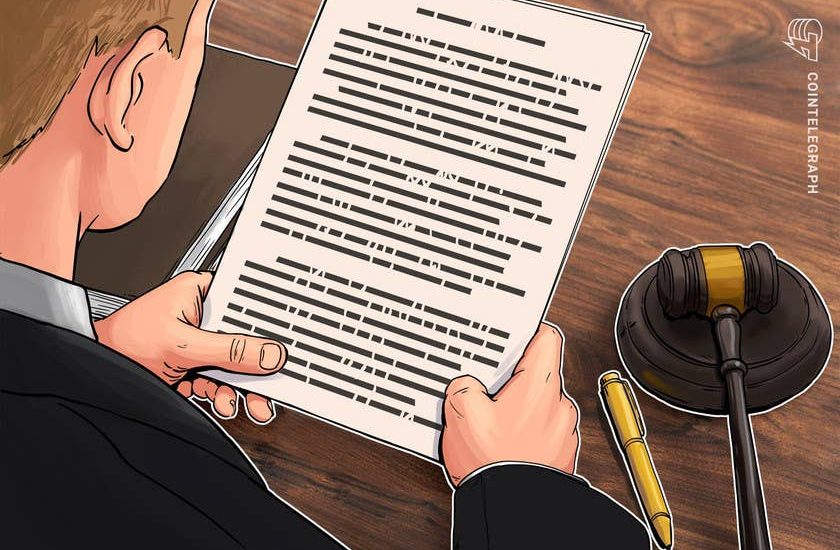- September 27, 2021
- Posted by: admin
- Category: BitCoin, Blockchain, Cryptocurrency, Investments


The plea deal ends a nearly two-year legal battle between Griffith and U.S. prosecutors tied to a presentation the developer gave in Pyongyang.
Ethereum (ETH) developer Virgil Griffith has pleaded guilty to a federal charge that he conspired with North Korea to violate United States sanctions law.
On Monday, Griffith pleaded guilty in New York for conspiring to violate the International Emergency Economic Powers Act, which forbids U.S. citizens from exporting technology and intellectual property to communist countries. As part of the plea deal, Griffith could face up to six-and-a-half years in prison. Formal sentencing is expected to commence in January 2022.
Virgil, who served as senior researcher for the Ethereum Foundation, was arrested in November 2019 after attending a conference in the North Korean capital of Pyongyang earlier in the year. Prosecutors allege that the developer gave a presentation on how to launder money and evade sanctions using blockchain technology.
Griffith’s plea deal came just as jury selection was set to begin in New York. As The Wall Street Journal reported, the trial was likely to touch on complex matters involving questions of free speech and North Korea’s relations with the United States.
Journalist Ethan Lou, who claims to have been in North Korea with Griffith when he gave the presentation, said it’s unclear what sparked the developer’s guilty plea. He explained:
“Unclear what new development caused this guilty plea. The paperwork was signed only yesterday. One possible reason is the barring of the remote testimony of an Ethereum Foundation lawyer.”
Virgil was quite emotional. Deep sighs sometimes when he spoke. Unclear what new development caused this guilty plea. The paperwork was signed only yesterday. One possible reason is the barring of the remote testimony of an Ethereum Foundation lawyer.
— Ethan Lou (@Ethan_Lou) September 27, 2021
As Cointelegraph reported, Griffith’s legal team attempted to dismiss the charges in October 2020, but the arguments put forward were firmly rejected by prosectors. At the time, lawyers representing the U.S. government called the arguments “unavailing.”
